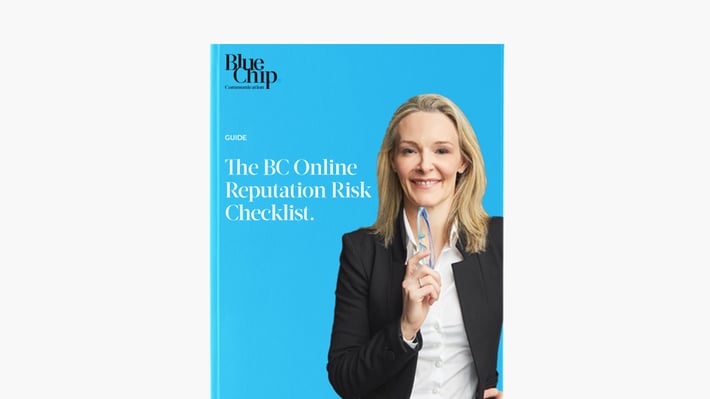With budgets under pressure due to the economic fallout from societal lockdowns, the decision to hire in-house or engage an external PR agency is a question posed by many financial services leaders wanting to ensure all budget line items are delivering tangible business outcomes.
While hiring in-house can provide you with a specialist who knows the intricate details and processes of your businesses, hiring an external agency gives you various benefits including access to a team who brings domain expertise, senior 'fire power' backed by early-in-career implementers, and experience in current best practice gained from working across multiple brands. This leaves the in-house team free to focus on their strengths and priorities.
Having a team of agency consultants at your back not only helps in expediting the delivery of work but can also dramatically improve the levels of creativity within your organisation – from the outside.
However, to make an agency partnership work effectively, there are various aspects which a business should take into consideration to ensure that the relationship is productive and collaborative.
Clear and concise communication
When engaging a PR agency, the consultants you bring onboard are an extension of your team. However, given they sit externally to your business, clear and timely communication is essential to ensure no details fall through the cracks.
Agency consultants can bring fresh perspectives to your business because they are more objective. The flip side is that they have less visibility of what goes on within the business, highlighting the importance of communication which is pivotal to a successful working relationship.
Responsiveness
Being clear in your communication with agency partners is important, but it also needs to be timely. This is true when your external consultants are dealing with journalists who usually require everything at a moment's notice, but also to help you achieve a better outcome from your media relations.
To help illustrate the importance of bringing the PR agency 'inside the tent' as soon as possible, ask yourself: Is it better to work with your PR team (which includes agency and internal stakeholders) to shape the narrative for, say, the announcement of significant changes in the leadership team OR wait until an inquisitive journalist finds out about the restructure and decides the angle of the story for themselves? Hint: Journalists are not in the business of looking for the good news story!
While this sometimes is not realistic, keeping the lines of communication open and sharing information is a cornerstone of a successful working relationship with your agency partner.
Defined and shared goals
It is important to define what success looks like to your agency partners from the outset because everyone needs to be working towards a common goal. If you are not clear on what the end objective is, or if there are differing views from within your organisation on what success should look like, then being open about this with your agency partners is vital.
PR agencies are experienced in dealing with multiple stakeholders within and across organisations and through consultation and engagement, can help you bring all the key decision makers to the table to agree the share vision.
The PR team should be focused on the goals of the C-suite and understand how PR can help achieve those. While vanity metrics like audience reach are interesting, we can now use digital tools to point to more business impacting outcomes from PR efforts giving the business's leaders confidence the budget spend is worth it.
Budgets
When deciding to retain an agency, being transparent when it comes to budget can be difficult but again, being open is key to a productive and collaborative (rather than purely transactional) working relationship.
If you have found the right agency partner, then being clear about what is in and out of scope can help save time, better direct your agency’s focus, and ensure the agency is set up to deliver on the desired goals.
Be frank but fair
Ultimately, you and your agency partner are on the same side and working towards the same objectives. Therefore, the best results are often achieved when there is a mutual level of trust, respect, and open dialogue. At BlueChip, we call these 'kind truth' conversations. In Silicon Valley, it's called radical candour. These conversations are a two-way sharing of what's working, what's not and how we can move forward constructively, together. And frankly, they are life changing when done right.
While there is no one-size-fits-all approach to working effectively with agencies, taking into consideration the above points will help you better create a constructive, successful and sustainable working relationship.
Reputational crisis starts with proper preparation and identifying potential risks before they turn into a live situation. Download BlueChip's online reputation risk checklist, tailored for financial services CMOs and CEOs.
If you’d like to discuss adjusting your communication strategy for the current times, please call us or fill out our contact form here.













